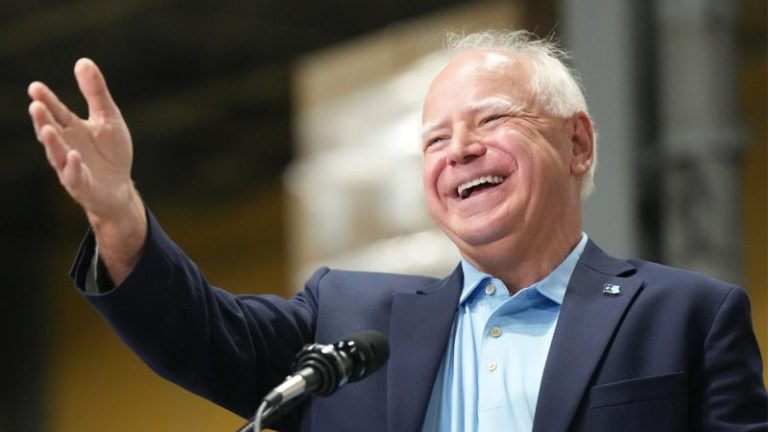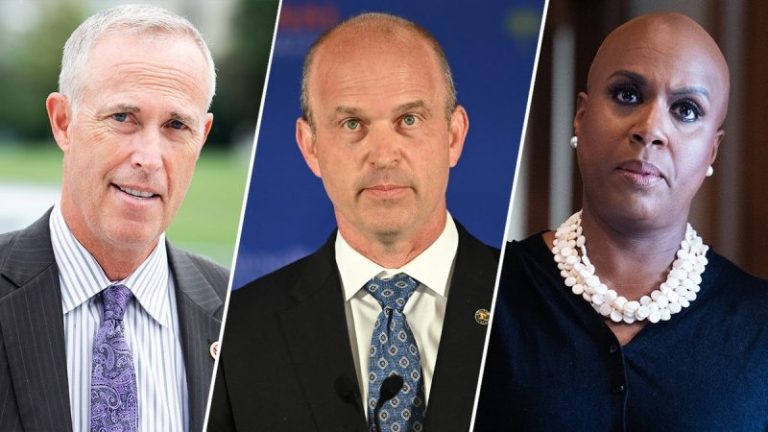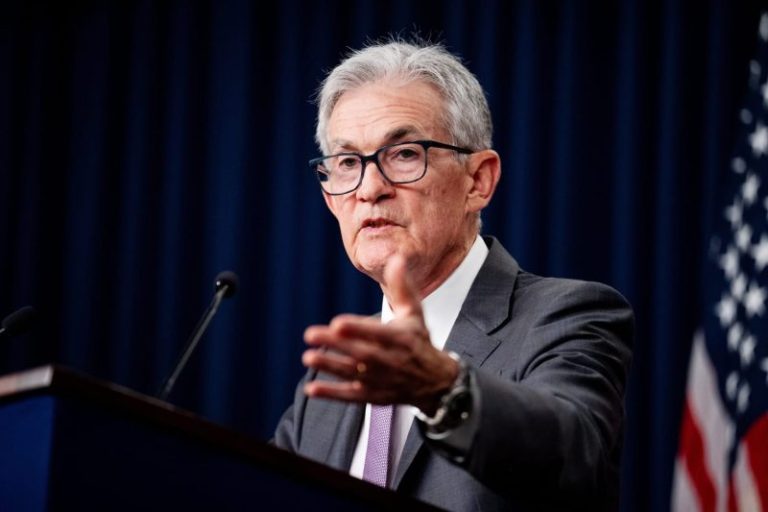PARIS — The snooty waiter. The stubborn, maybe even insulting, corner store owner who gripes about a visitor’s inability to speak the language. The criminal cab fare.
All big cities − New York, London, Beijing − can feel isolating, unfriendly and put a large dent in an unsuspecting visitor’s wallet. Fairly or not, Paris gets a bad rap in the tourist stakes.
‘Any city that gets a lot of tourists (like Paris) is at some point going to get a reputation for not being so great with tourists,’ was how American Jeremy Goldstein, 56, a salesman in the audio dubbing business, put it.
‘I’ve definitely encountered the waiters who don’t smile, don’t give you the best service. I also have French friends who’ve encountered the same things,’ said Goldstein, who’s lived in Paris for 25 years.
2024 Olympic medals: Who is leading the medal count? Follow along as we track the medals for every sport.
Still, has hosting the Summer Olympics shifted the French capital’s reputation for rudeness?
For a start, the Games have done what almost no one, Parisians included, thought possible.
It’s stopped them grumbling.
‘Something very odd is happening in France,’ wrote The Economist magazine’s longtime Paris correspondent Sophie Pedder on X, the social media platform, on Aug 2.
‘Olympic success, and awe at the way Paris is hosting the games, are teaching the French to cheer again and forget their messy divisive politics. The country feels all the better for it.’
Another journalist, Michael Rose of the Reuters news agency, agreed.
‘Paris has turned into a giant amusement park, even outside Olympic venues. Haven’t seen the city so carefree and happy in a long time,’ Rose posted on X, the day before Pedder.
French swimmer Léon Marchard helps lift national mood
Some of that success, awe and carefreeness can be attributed to Léon Marchand, a 22-year-old French swimmer who has won four gold medals and a bronze, almost single-handedly lifting the national mood.
Marchand is cheered everywhere he goes, is the talk of every bar and whenever he appears crowds erupt into spontaneous renditions of “La Marseillaise,’ France’s national anthem, replacing parts of it with a pun on his name.
“The whole country is united in the stunned and incredulous contemplation of this champion who came from nowhere,” wrote the Midi Libre, a French daily newspaper, recently.
Yet it’s not just the media that’s noticed that the French, not all of them anyway, are not behaving to type.
‘They’ve been so great with us,’ said Vinicius Berghan, 35, a Brazilian marketing executive, Monday as he was leaving a large park in northeast Paris where some countries have set up Olympic watch parties in so-called hospitality houses to showcase their nations’ food, music and culture.
Berghan was with his friend Cassio Sviadowski, a lawyer, also 36 and from Brazil.
‘Nothing bad,’ was Sviadowski’s chipped-in assessment of the Games’ French hosts.
‘The parties have been great,’ he add. ‘And the food.’
Tourists from Mexico, Poland, Peru, the Netherlands, Italy, Japan, Germany, the U.S. and elsewhere shared similar experiences of good times without having to weather disgruntled locals. If the French can be cold and standoffish to tourists, a charge that may be more an accumulation of travelers’ urban myths and insecurities over not speaking the language than anything real or measurable, then it doesn’t seem like sports fans at the Olympics have noticed.
There have also been some reports that contrary to expectations, French restaurants and hotels have been lowering prices to attract business because so many Parisians decided to flee the city for the duration of the Games. Although tourists have still had to pay almost twice the usual price for metro tickets during the Olympics.
In one sign of France’s free-and-easy attitude toward the Games, President Emmanuel Macron has spent the majority of them vacationing at his Mediterranean home in southern France.He has made periodic trips back to Paris, and is expected to attend the closing ceremony on Aug. 11, but Macron’s temporarily put to one side a political crisis that engulfed his government in the weeks before the Games in the same way that Parisians have appeared to mothball any animosity toward tourists.
Hospitality campaign may have softened Parisian attitude
This newfound friendliness toward the foreign tourist may not be entirely accidental.
In the run-up to the Olympics, the Paris region’s chamber of commerce unveiled an updated hospitality campaign called ‘Do You Speak Touriste?’ The 30-page official guide was designed, it said, to help French hospitality professionals welcome international tourists and navigate some common cultural pitfalls.
One of the guide’s reminders was that while it’s culturally acceptable in France to ‘openly show one’s emotions, through one’s gestures or tone of voice,’ in other countries ‘disagreement is expressed a lot less openly.’
The authors of the ‘Do You Speak Touriste?’ guide appeared to realize that the storied language of love, alluring as it may be to some, has a lawless dark side that can strike fear into whatever the opposite of a Francophone is.
One place that certainly appears to have gotten the memo is Au Pied de Cochon, a cafe and restaurant close to Les Halles shopping area and the Louvre Museum, two staples of any Paris itinerary for many visitors to France’s capital.
Au Pied de Cochon is every inch the traditional French brasserie.
The ceilings are high, the floors tiled and the mirrors large. The walls are peppered with vintage posters. Its menu is full of classic French dishes like coq au vin, moules frites, steak tartare and onion soup. Outside on a terrace that spills onto the street, Au Pied de Cochon’s customers sit, in ones and twos, in rattan chairs around small tables.
Au Pied de Cochon’s male waiters don’t quite wear black pants, vest, white shirt and bow tie. They aren’t far off.
Inside, Sandra Neheust, 50, Au Pied de Cochon’s general manager, said that she had instructed her wait staff during the Olympics to ‘show the French touch’ − to put on the ‘best possible face’ for tourists.
She said it wasn’t that her waiters were outright rude but sometimes their manner could depend on ‘how much sleep they got the night before.’ And she said tourists, American ones especially, often give as much as they get.
One possible case study: Serena Williams, a Paris restaurant and being ‘denied access’ to a rooftop dining spot.
‘They come to us when they are tired and starving hungry and they aren’t thinking rationally – it gets a bit emotional sometimes,’ she said. ‘I think they are here to discover,’ Neheust said of American tourists who don’t speak French.
Was this an insult? Hard to say.
Frederica Certutti, 34, an Italian banker who was leaving the same Olympic hospitality event Monday as Brazilians Berghan and Sviadowski, laughed when asked if she had any stories of bad behavior from the French.
‘I live here,’ she said. ‘I’m used to them.’
Follow Kim Hjelmgaard on social media @khjelmgaard; Mackenzie Salmon @mackenziesalmon
The USA TODAY app gets you to the heart of the news — fast. Download for award-winning coverage, crosswords, audio storytelling, the eNewspaper and more.










